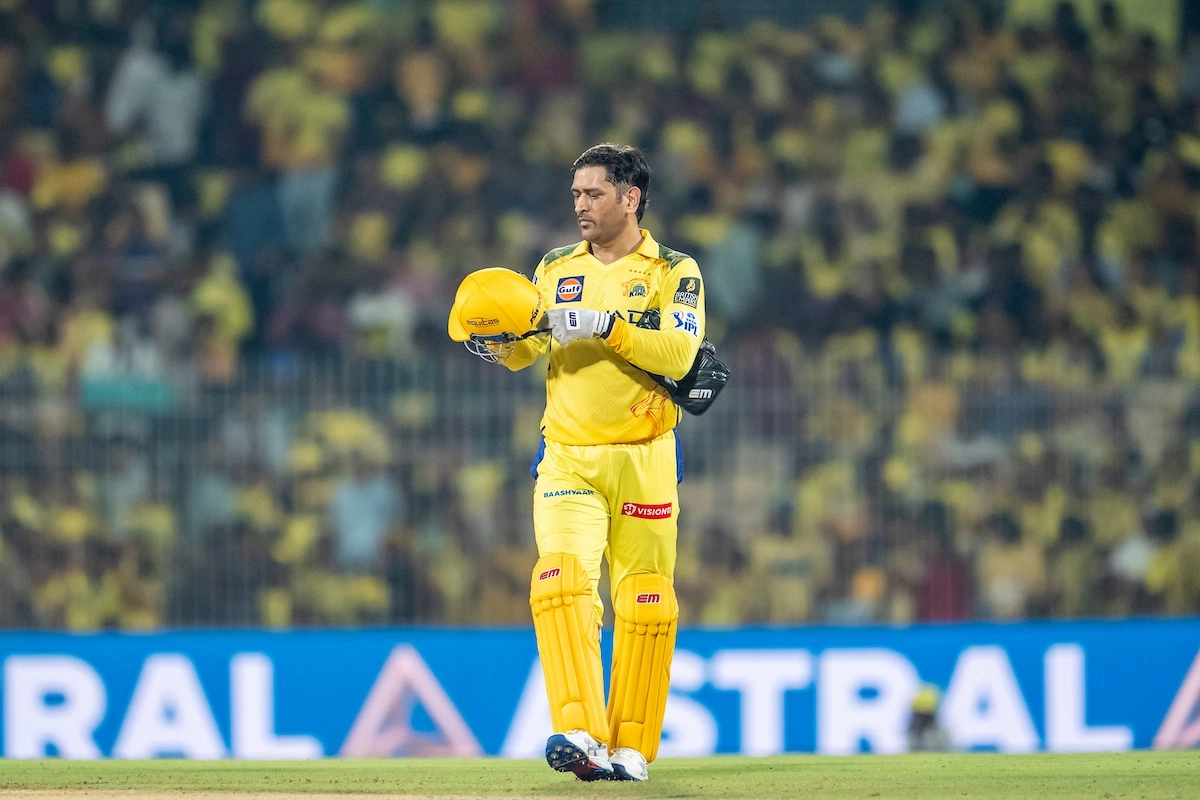In a surprising turn of events, Australian cricket stars Pat Cummins and Travis Head have reportedly turned down a lucrative offer from Cricket Australia worth Rs 58 crore per year. This decision has raised eyebrows in the cricketing community, given the substantial financial rewards associated with international cricket. The reported offer was part of a new contract structure that aimed to secure the services of top players and ensure their commitment to Australian cricket amidst increasing competition from various leagues around the globe.
Pat Cummins, the Australian Test captain and a leading fast bowler, has been a pivotal figure in the team’s recent successes. His leadership on the field and remarkable performances have made him an integral part of the squad. Similarly, Travis Head has emerged as a key batsman, known for his aggressive style and ability to score quickly, which has made him a fan favorite. The decision of both players to reject such a substantial financial package indicates their priorities may lie beyond mere monetary compensation. It speaks volumes about their dedication to the sport and their desire to maintain a balance between professional commitments and personal values.
Sources suggest that the players are likely considering their long-term futures and the potential impacts of playing cricket at the highest level. With the emergence of T20 leagues globally, players are often faced with the dilemma of choosing between national duties and lucrative club contracts. Cummins and Head’s decision to turn down the deal could be a strategic move to negotiate better terms that align with their personal and professional aspirations. Additionally, it may signal a desire to foster a more sustainable approach to cricket, emphasizing player well-being and the preservation of the sport’s integrity.
As the cricketing landscape continues to evolve, the decisions made by Cummins and Head could set a precedent for how players balance financial opportunities with their commitment to national teams. This situation may also prompt Cricket Australia to reevaluate its contract structures and player engagement strategies, especially as they contend with the challenges posed by franchise cricket. Ultimately, the actions of these players reflect a growing trend among athletes to prioritize their values and long-term career satisfaction over immediate financial gain.




